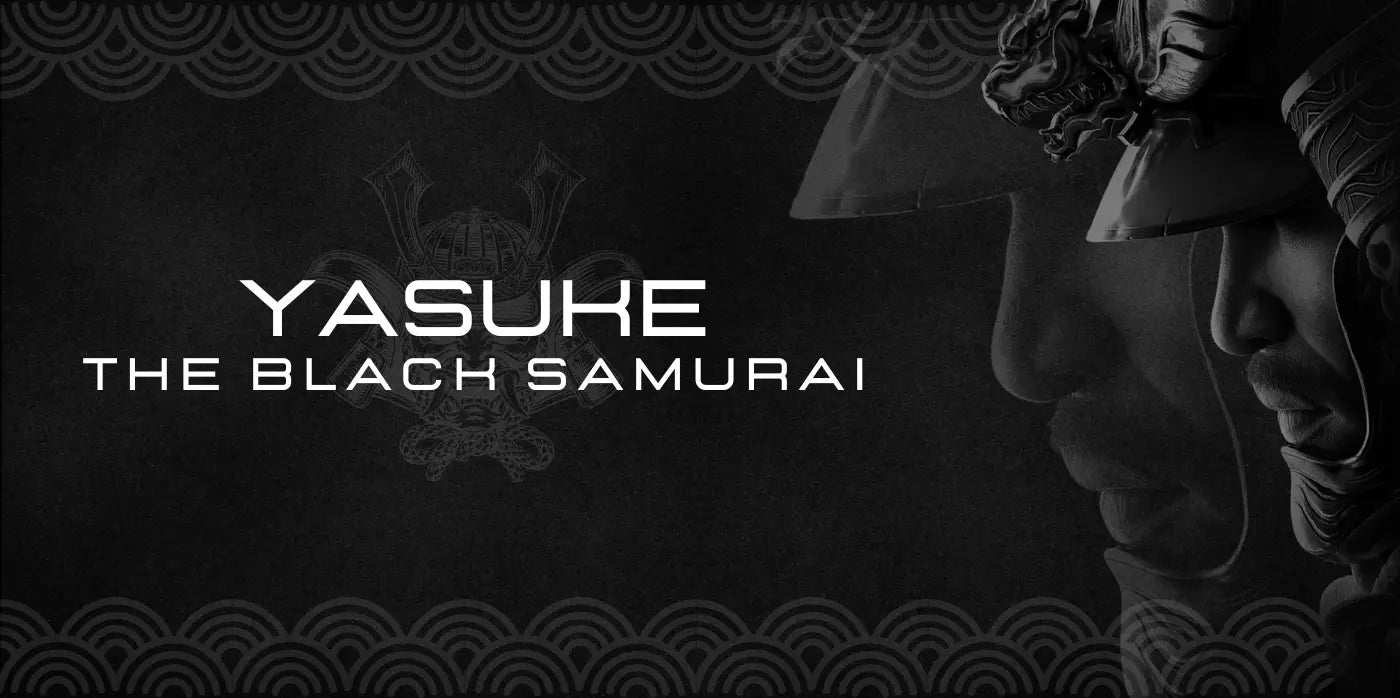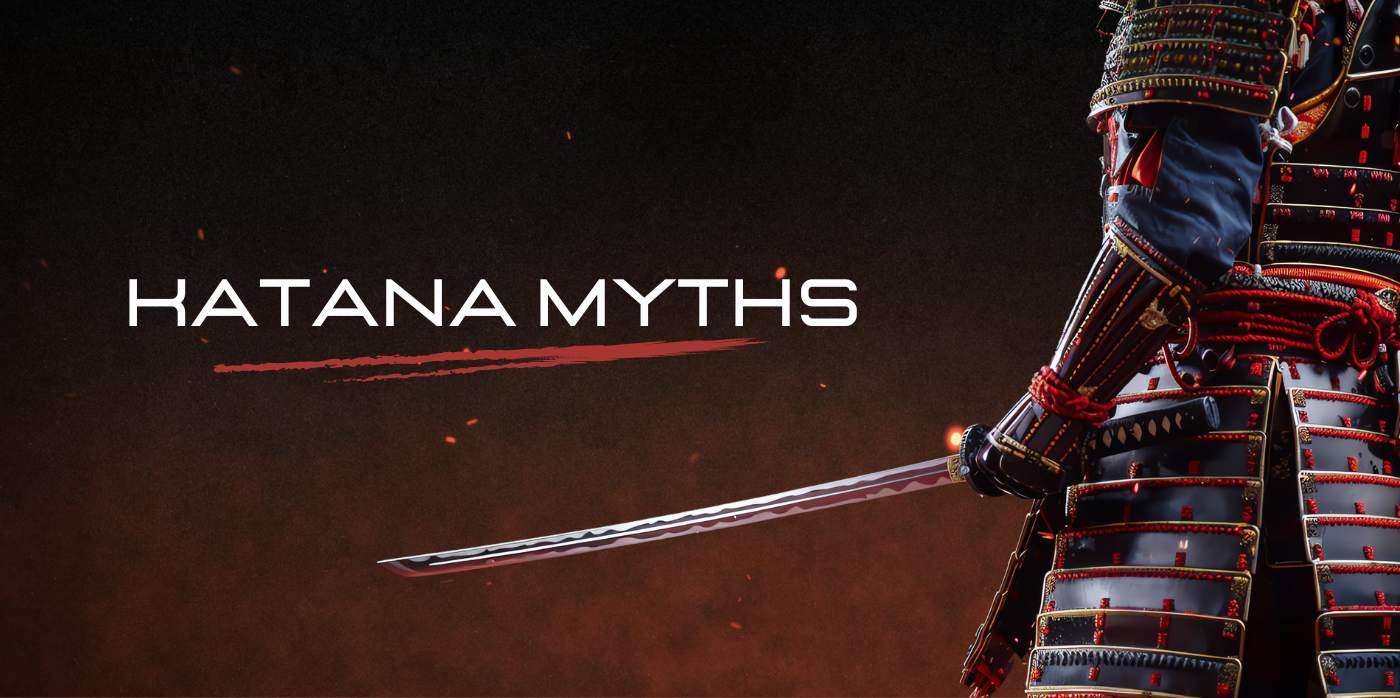In the late 16th century, a warrior unlike any other in Japanese history rose to prominence. Yasuke, an African man, is said to have earned the title of samurai and served under the famous warlord Oda Nobunaga. His journey from Africa to Japan, and his role in one of the most tumultuous periods of Japanese history, is a story of both mystery and inspiration.
Who Was Yasuke?
Yasuke was likely born in the mid-16th century, though his exact origins remain debated. He is widely believed to have been from the East African regions of Mozambique or Sudan, brought to Japan by Jesuit missionaries, possibly from the Portuguese empire, as a bodyguard to Alessandro Valignano. Standing at over six feet tall, with dark skin that astonished the Japanese, Yasuke quickly captured the attention of both commoners and nobles alike, such as Oda Nobunaga, one of Japan's most powerful daimyo during the Sengoku period. It was the first time many Japanese had met a person of a different ethnicity and even thought it was body paint. The powerful military governor of Japan at the time, was so intrigued by Yasuke that he was gifted the man by the Jesuits.

Picture: Yasuke and Oda Nobunaga in Netflix's TV Show 'Yasuke'
Yasuke at the service of Oda Nobunaga
Oda Nobunaga, one of the most powerful warlords in Japan, was fascinated by Yasuke. His height, dark skin, and strength intrigued Nobunaga, who initially thought Yasuke’s skin was dyed. Nobunaga’s fascination wasn’t just due to Yasuke’s appearance but also his immense strength, Yasuke is said to have had the strength of "ten men," according to Nobunaga’s own writings.
Upon Yasuke's entry into Oda Nobunaga's service, he was granted the role of koshō or "weapon bearer", a title that may not sound prestigious by modern standards. However, during the Sengoku period, this was an honor of immense significance. The position of weapon bearer was often reserved for individuals of great trust and valor, as they were responsible for managing the weapons of high-ranking samurai, particularly during key battles.

Picture: Alessandro Valignano and Oda Nobunaga
This designation marked Yasuke as a hatamoto, a trusted vassal directly serving under Nobunaga. Hatamoto were not mere soldiers; they were high-ranking samurai closely attached to the daimyo and were responsible for protecting their lords in battle and advising them in military matters. Yasuke's rise to this rank reflected Nobunaga’s deep trust and admiration for him, and it also positioned him among the daimyo’s inner circle. Nobunaga also granted Yasuke a house and a koshigatana (a small sword).
Was Yasuke a Samurai?
One of the most contentious debates about Yasuke’s legacy is whether he should truly be called a samurai. According to historians, the word "samurai" wasn't even commonly used at the time to define a warrior class. Instead, terms like bushi were more prevalent. While Yasuke served as a close vassal of Nobunaga, it is unlikely that he underwent the rigorous training that typical samurai received from childhood. Therefore, while Yasuke had the status of a samurai-like warrior, it’s improbable that he was a full-fledged combatant following traditional Japanese methods.

Picture: Yasuke as a samurai (drawing)
While respected and honored, he didn’t have a concrete military role. His small sword was more ornamental than practical. Yasuke could have been considered as an exotic servant used by Nobunaga to impress his contemporaries. Yasuke may have had military experience before arriving in Japan, possibly as a bodyguard to the Jesuits. This would mean that Yasuke could have functioned similarly to future samurai, though his time in Japan (just 16 months) was likely too short to fully immerse himself in the complex warrior traditions of the country.
The End of Yasuke’s Journey
Yasuke’s journey came to an abrupt halt in 1582 when Nobunaga was betrayed by one of his generals, Akechi Mitsuhide. During the attack at Honnō-ji, Yasuke fought bravely but was captured after Nobunaga’s death. Following his capture, Yasuke had to hand over his koshigatana. Jesuit reports indicate that Yasuke was spared, possibly because he was seen as a foreigner, not a true member of the Japanese warrior class. After this moment, Yasuke disappears from history, and his later life remains a mystery.

Picture: Attack of Honnō-ji
Yasuke’s story is extraordinary, regardless of whether he was a true samurai by strict definitions. His presence in Japan, his elevation to hatamoto status, and his role as Nobunaga’s weapon bearer reflect the cosmopolitan and dynamic nature of Japan during the late 16th century. While some may argue about his exact military role, there’s no denying that Yasuke’s legacy continues to captivate people around the world as a symbol of cross-cultural exchange, loyalty, and honor
FAQs about Yasuke
How tall was Yasuke?
Yasuke was described as being around 1.88 meters (6 feet 2 inches) tall. This height made him a striking figure in 16th-century Japan, where the average height was significantly shorter, typically between 1.57 meters (5 feet 2 inches) and 1.64 meters (5 feet 4 inches).
Did Yasuke have any children?
There is no historical evidence or records that suggest Yasuke had any children. The primary sources documenting his life are limited to his time in Japan, specifically from 1579 to 1582, when he served Oda Nobunaga. After Nobunaga's death and Yasuke’s capture, Yasuke’s fate becomes unclear, and no mention of a family or descendants is found in available historical documents.
Given the scarcity of reliable sources about his life after 1582, it’s impossible to say with certainty whether Yasuke had any children.
What language did Yasuke speak?
Yasuke most likely spoke multiple languages due to his diverse background. He was originally from East Africa, where he likely spoke a native African language, possibly one from the Swahili or Makua linguistic groups if he was from the Mozambique region.
Given that Yasuke arrived in Japan in 1579 as a bodyguard for Jesuit missionaries, it’s probable that he also spoke Portuguese, which was the dominant European language in the region due to the Portuguese presence in Africa and Asia. The Jesuits, who were responsible for his presence in Japan, often communicated in Portuguese, and Yasuke's interactions with them would have necessitated proficiency in the language.
Upon arriving in Japan, Yasuke likely learned some Japanese to communicate with Oda Nobunaga and other samurai in Nobunaga's court. Although he wasn’t a native Japanese speaker, his ability to adapt to new environments suggests he may have picked up the language to some extent during his time in Japan
What does Yasuke mean in Japanese?
The name Yasuke does not have a specific meaning in Japanese, as it was most likely a Japanese adaptation of Yasuke's original African name, the details of which are unknown. When Yasuke entered the service of Oda Nobunaga, he was given this name, which was more familiar and easier for the Japanese to pronounce. However, historical records do not mention the name he had before arriving in Japan
In Japanese, "Yasu" (やす) can be part of several names and is sometimes associated with meanings like "peace" or "calm". However, there is no direct evidence that Nobunaga specifically chose the name for its meaning. It's more likely that Yasuke was simply a phonetic adaptation, helping integrate him into Japanese society while making his name easier for locals to use





